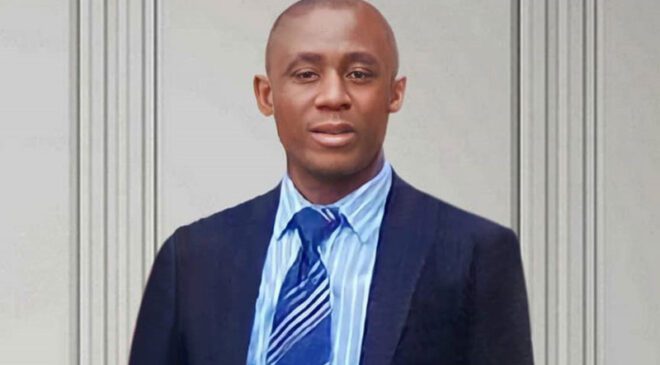
ELEME/Nigeria: The Movement for the Survival of the Ogoni People (MOSOP) and the Ogoni Liberation Initiative (OLI) have strongly criticized recent remarks by the National Security Adviser (NSA), Nuhu Ribadu, on the proposed resumption of oil production in Ogoni, describing the statement as “insensitive” and potentially damaging to years of painstaking reconciliation efforts.
In a joint statement released on June 1, 2025, and signed by MOSOP Secretary-General Alex Akori, the groups expressed deep concern that Ribadu’s comments—made during an engagement with Ogoni youths in Ebubu, Eleme Local Government Area of Rivers State, were not only ill-informed but ignored the historical and emotional weight the subject carries in Ogoni land.
MOSOP President Fegalo Nsuke, speaking on behalf of both groups, said the NSA’s remarks contradict the resolutions adopted at the Ogoni Congress on November 30, 2024, and the Ogoni National Assembly of January 4, 2025. Both meetings, he noted, reaffirmed the community’s opposition to any forceful or unilateral attempt to resume oil production without addressing longstanding grievances.
“I think the National Security Adviser is receiving the wrong counsel. The issue of resuming oil production in Ogoni is highly sensitive and requires honest dialogue, not top-down declarations,” Nsuke said.
He warned that actions from Ribadu’s office were “fast eroding” the trust built through years of community engagement, adding that the situation was beginning to mirror the pre-crisis tension of 1993 when violent crackdowns led to devastating consequences for the Ogoni people.
“The recent comments by the NSA were not only provocative but dangerously dismissive of the realities in Ogoni. His words risk reigniting tensions we’ve worked hard to ease,” Nsuke said.
He questioned whether Ribadu was fully aware of the legacy of violence and injustice the Ogoni people have endured. “When I heard his remarks, I wondered if he was speaking of oil in Adamawa or that in Ogoni. We cannot afford to provoke people back into the streets.”
Nsuke stressed that any genuine attempt to restart oil operations in the region must begin with listening to the people and responding to their calls for justice. “This is not just about oil. It’s about addressing deep wounds, about justice for the living and the dead,” he said.
He cited the historical trauma of state-backed repression, including the destruction of over 30 Ogoni villages, the loss of an estimated 4,000 lives, and the still-fresh memories of the execution of nine Ogoni activists—including Ken Saro-Wiwa—on November 10, 1995.
“Ribadu spoke of oil, but he forgot the cries for clean water, for a safe environment, and for justice. He forgot the pain of May 21, 1994, and the thousands who died in a struggle that has still not been resolved,” Nsuke added.
He called on the NSA to adopt a more humane, realistic, and consultative approach, warning that relying on state power without community dialogue could once again plunge the region into crisis.
“We cannot resolve the Ogoni question with force or declarations. The only way forward is through genuine, inclusive dialogue that addresses the root causes of this decades-long conflict,” he said.
MOSOP and the Ogoni Liberation Initiative reaffirmed their readiness to engage with the government but maintained that oil production would not resume on Ogoni land without justice, reparations, and a comprehensive agreement with the people.
